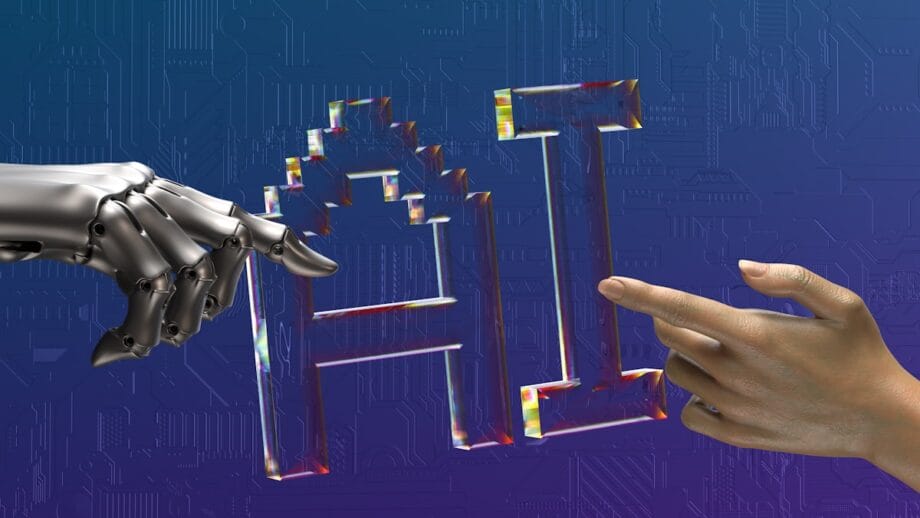AI Poised for Pivotal Discoveries by 2028 and Beyond, According to OpenAI
New Delhi, Nov 9 (SocialNews.XYZ) – OpenAI has articulated a forecast indicating that while artificial intelligence (AI) may achieve only marginal discoveries by 2026, it anticipates a significant leap in capabilities by 2028 and thereafter.
The organization expresses confidence in the emergence of systems capable of making profound discoveries in various fields.
Despite the prevalence of perceptions that AI predominantly encompasses chatbots and enhanced search functionalities, the reality is markedly different.
In fact, contemporary AI systems have outstripped some of the finest human intellects in our most demanding intellectual contests.
Even though these systems exhibit idiosyncratic performance and encounter considerable limitations, the trajectory suggests that we are approaching 80 percent of the journey towards achieving AI comparable to an accomplished researcher, rather than just 20 percent, OpenAI stated.
The disparity between public understanding of AI and its current capacities remains vast.
Moreover, AI systems capable of autonomously unearthing novel knowledge—or augmenting human effectiveness—are poised to exert a substantial influence on global affairs.
OpenAI notes that in a matter of years, AI has evolved from executing tasks that could be accomplished by humans in mere seconds to tackling challenges that would traditionally take an hour or more.
We anticipate that soon, systems will be capable of performing tasks that might take an individual days or weeks. However, we remain oblivious to the implications of creating systems that can manage tasks that typically require centuries.
Concurrently, the costs associated with reaching a specific level of intelligence have dramatically decreased, with an estimated 40-fold reduction annually over recent years, the company elaborated in a blog post.
In the near future, AI will facilitate an enhanced understanding of personal health, expedite advancements in diverse fields such as materials science, drug research, and climate modeling, and broaden access to tailored educational experiences for students worldwide.

Exhibiting these tangible benefits fosters a collective vision for a future where AI not only enhances efficiency but also enriches human life.
While the potential benefits are undeniably vast, we acknowledge that the risks associated with superintelligent systems are potentially catastrophic.
We advocate for rigorous empirical studies on safety and alignment, which can inform critical global decisions—such as whether to decelerate development in order to study these systems more meticulously as we approach the creation of recursive self-improvement capabilities, the firm articulated.
It is clear that deploying superintelligent systems without robust alignment and control mechanisms is inadvisable, necessitating further technical endeavors.
Source link: Socialnews.xyz.






